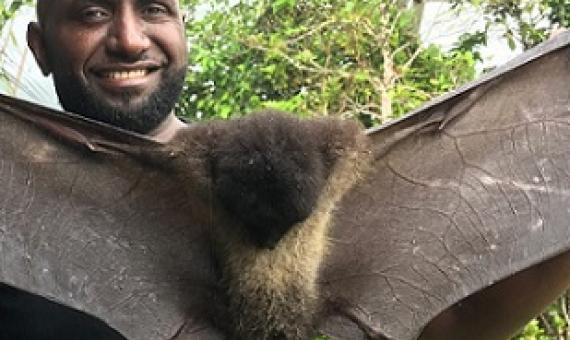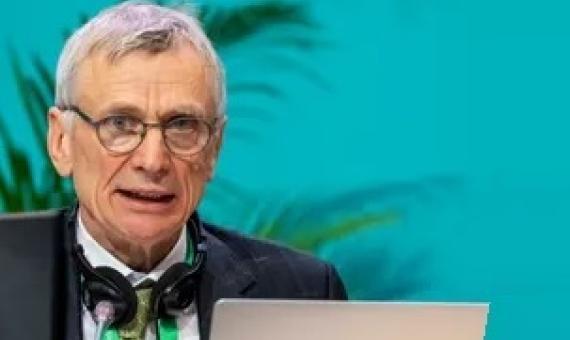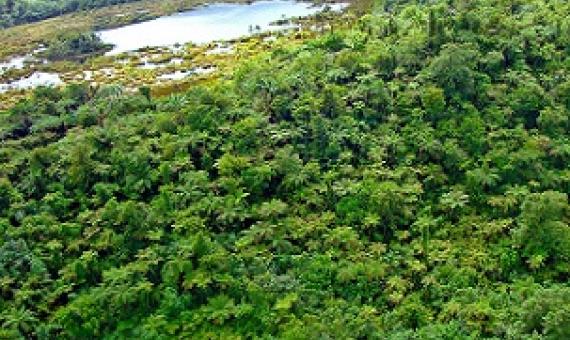When conservation scientist Junior Novera was growing up in Mapisi Village, on a bend of the Sinamut River in Bougainville, Papua New Guinea, he’d never heard the term conservation.
David Cooper, the new acting executive secretary for the UN convention on biological diversity (CBD), said countries and corporations must immediately act on December’s historic agreement in Montreal, which includes targets to protect 30% of Earth, reform $500bn (£410bn) of environmentally d
This week the UK government is holding a meeting to discuss generating more finance to conserve and restore nature.
Biodiversity credits have the potential to accelerate funding for biodiversity conservation while benefiting local communities and biodiversity custodians.
The Kunming-Montreal Global Biodiversity Framework: Business as usual or a turning point?
The Kunming-Montreal Global Biodiversity Framework (GBF)1 was adopted during the 15th Conference of Parties (COP15) of the UN Convention on Biological Diversity (CBD) at 3:30 a.m. on the morning of December 19, 2022, against a backdrop of protests by African countries. This mirrored the fractious context of conservation over the last century and recent decades, and the 3.5 years of negotiation of the GBF leading up to COP15.
The past as a lens for biodiversity conservation on a dynamically changing planet
We are in the midst of a major biodiversity crisis, with deep impacts on the functioning of ecosystems and derived benefits to people (1, 2). But we still have time to pull back. To do so, it is imperative that we learn from plants’ and animals’ past actions (3, 4). Conservation biology, ecology, and paleontology all emphasize that natural systems must exhibit resilience and dynamic responses to rapid environmental changes (3, 5, 6). Both climate and land-use change have accelerated over the past decades, underscoring the urgency for increased understanding and action (7–9).
Can the 2022 Kunming-Montréal Global Biodiversity Framework be a watershed moment in international environmental law, finally delivering strong guidance to avert a global crisis of biodiversity?
The SIDS Coalition for Nature, led by Cabo Verde, Samoa and Seychelles, will advocate for enhanced means of implementing ambitious biodiversity objectives in Small Island Developing States. The advocacy by the three SIDS member states was announced in a media release issued by the
COP15 biodiversity negotiations ended in Montreal with parties agreeing to ambitious global goals to conserve land and oceans, but failing to mobilise the funds requested by developing countries. Early on 19 December in Montreal, negotiations at the 15th Conference of th
Summary of the UN Biodiversity Conference: 7-19 December 2022
The first part of the UN Biodiversity Conference convened virtually from 11-15 October 2021, with a limited number of delegates physically present in Kunming, China.












